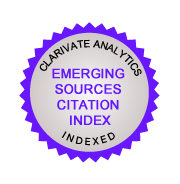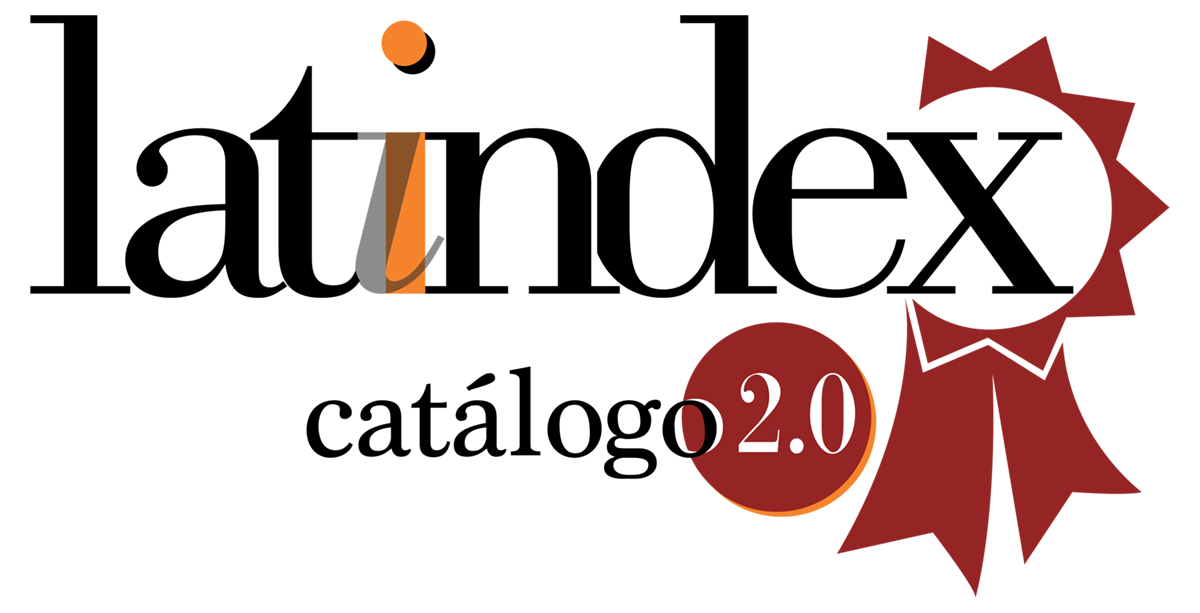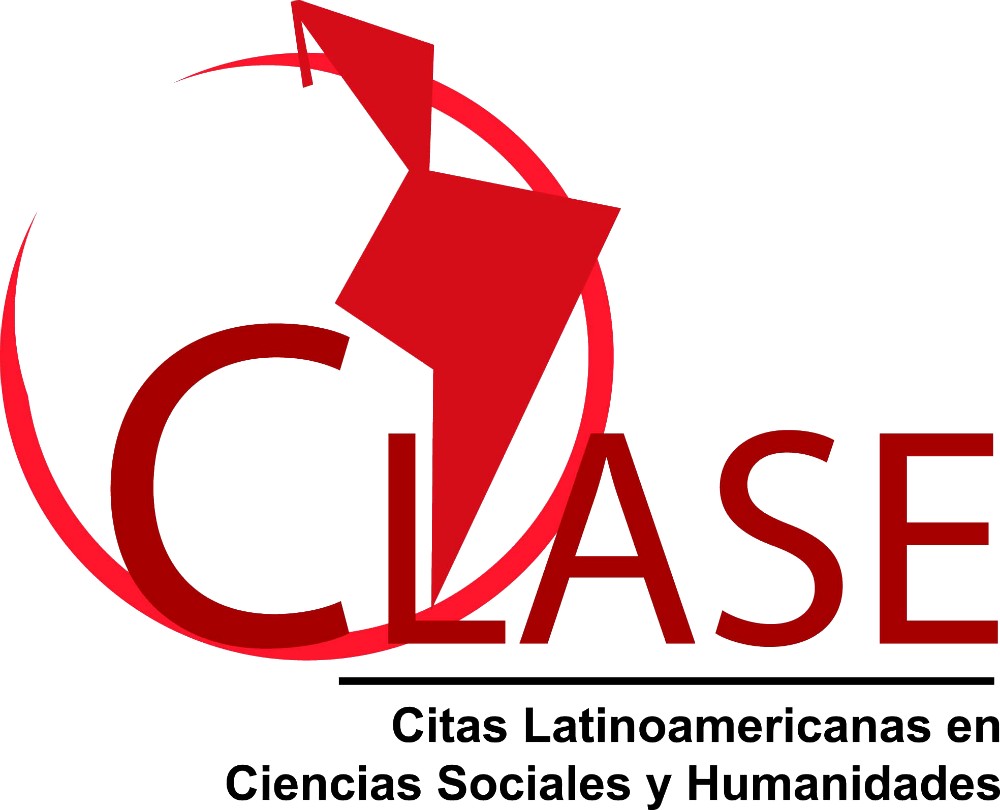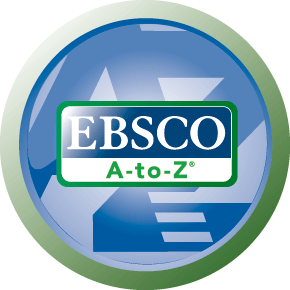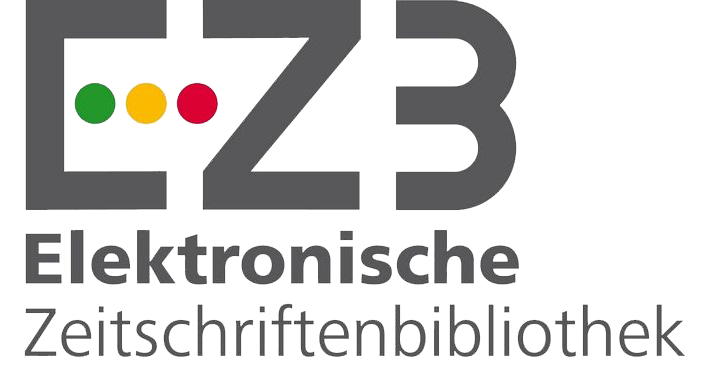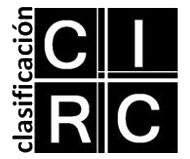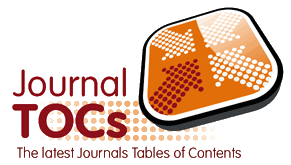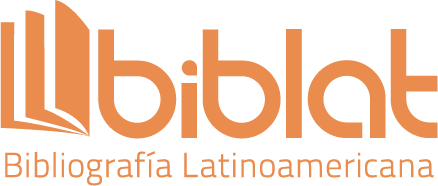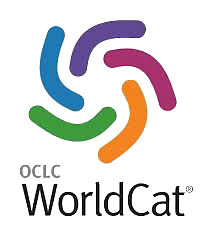Expert knowledge, communication and government in pandemics.
The media treatment of the role of the committee of experts during the first year of the Coronavirus pandemic in Argentina.
DOI:
https://doi.org/10.24215/16696581e682Keywords:
expert knowledge; pandemics; digital newspapersAbstract
This paper analyzes the discourses produced in two digital newspapers about the link between expert knowledge and the State during the first year of the coronavirus pandemic in Argentina. It explores the treatment that the media constructed about the configuration of technical-political elites, the discourses that are legitimized by them and the disputes and tensions present in this process. It focuses on contents, sources, actors and assessment. The data are elaborated on the basis of discourse analysis, taking into account the complex relationships between the text (structures of journalistic discourse) and its context of production (socio-historical conditions). The results obtained point out the importance of the presence of the role of expert knowledge in the media, as an element that guides the discussion and provides legitimacy to the communication of the measures taken during the pandemic, the focus of the discussion around the measures and the tensions that emerge in it with respect to the expert knowledge protagonists and the reproduction of the biomedical model. Finally, the need for comprehensive responses in strategies that take into account the psychosocial-economic dimension and the social particularities of the scenarios to which they are oriented is discussed.
Downloads
References
Almeida Filho, N. (2020). Una pandemia desafía la manera en que las sociedades se organizan. [Página 12]. Disponible en: https://www.pagina12.com.ar/260726-naomar-almeida-filho-una-pandemia-desafia-la-manera-en-que-l?fbclid=IwAR1cJMwAbACh5jO8mdl_zsnYCLD456BHHOzCcNEpsTO1sD2PV5UxJeoszaI
Angenot, M. (2010); El discurso social. Los límites de lo pensable y lo decible. Buenos Aires: Siglo XXI editores.
Bohoslavsky, E. & Soprano, G. (eds.) (2010) Un estado con rostro humano. Funcionarios e instituciones estatales en Argentina, de 1880 a la actualidad, Buenos Aires, Argentina: Prometeo-UNGS.
Bourdieu, Pierre (1999), (2001) ¿Qué significa hablar? Madrid: Akal.
Casero-Ripollés, A. (2020). “Impact of Covid-19 on the Media System. Communicative and Democratic Consequences of News Consumption during the Outbreak”. El Profesional de la Información, 29(2): 1-11.
Charaudeau, Patrick (2003) El discurso de la información. Barcelona: Gedisa
Comisión Económica para América Latina y el Caribe (CEPAL), “Cuidados y mujeres en tiempos de COVID‐19: la experiencia en la Argentina”, Documentos de Proyectos (LC/TS.2020/153), Santiago, Comisión Económica para América Latina y el Caribe (CEPAL), 2020. Disponible en: https://repositorio.cepal.org/bitstream/handle/11362/46453/S2000784_es.pdf?sequence=1&isAllowed=y
Duc Huynh, T. L. (2020). “The COVID-19 Risk Perception: A Survey on Socioeconomics and Media Attention”. Economics Bulletin, 40(1): 758-764.
Dukuen, J. (2010) Las astucias del poder simbólico. Las “villas” en los discursos de Clarín y La Nación. 1a ed. - Koyatún Editorial. Ciudad Autónoma de Buenos Aires.
Martini, Stella (2004) Periodismo, noticia y noticiabilidad, Buenos Aires, Argentina: Norma.
Morresi, S. & Vommaro, G. (edit.) (2011) Saber lo que se hace. Expertos y política en Argentina. Buenos Aires, Argentina: Prometeo y UNGS.
Masip, P., Aran-Ramspott, S.; Ruiz-Caballero, C.; Suau, J.; Almenar, E. y Puertas-Graell, D. (2020). Consumo informativo y cobertura mediática durante el confinamiento por el Covid-19: sobreinformación, sesgo ideológico y sensacionalismo. El Profesional de la Información, 29(3): 1-12
Muñiz, C. y V. Corduneanu (2020). “Percepción de riesgo y consumo mediático durante el inicio de la pandemia de COVID -19 en México”. Más Poder Local, (41): 44-47.
Plotkin, M. & Zimmermann, E. (Comps.) (2011) Los saberes del Estado. Buenos Aires, Argentina: Edhasa.
Ramacciotti, K. & Rayez, F. (2020) La pandemia de coronavirus y el consejo de los expertos médicos. Reflexiones desde la historia. Prácticas de Oficio 1(25): 17-32
Verón, E. (1987). La semiosis social. Barcelona: Gredisa.
Zunino E; Arancangeleti Yacante, C. (2020) La cobertura mediática de la COVID-19 en la Argentina: un estudio sobre el tratamiento informativo de la pandemia en los principales medios online del país. Revista Prácticas de Oficio. Investigación y reflexión en las ciencias sociales. Vol. 1, n. 25. Argentina.
Downloads
Published
How to Cite
Issue
Section
License
La aceptación de un original por parte de la revista implica la cesión no exclusiva de los derechos patrimoniales de los/as autores/as en favor del editor, quien permite la reutilización, luego de su edición (postprint), bajo una Licencia Creative Commons Atribución-NoComercial-CompartirIgual 4.0 Internacional (CC BY-NC-SA 4.0)
Acorde a estos términos, el material se puede compartir (copiar y redistribuir en cualquier medio o formato) y adaptar (remezclar, transformar y crear a partir del material otra obra), siempre que a) se cite la autoría y la fuente original de su publicación (revista y URL de la obra), b) no se use para fines comerciales y c) se mantengan los mismos términos de la licencia.
La cesión de derechos no exclusivos implica que luego de su edición (postprint) en Question las/os autoras/es pueden publicar su trabajo en cualquier idioma, medio y formato; en tales casos, se solicita que se consigne que el material fue publicado originalmente en esta revista.
Tal cesión supone, también, la autorización de los/as autores/as para que el trabajo sea cosechado por SEDICI, el repositorio institucional de la Universidad Nacional de La Plata, y sea difundido en las bases de datos que el equipo editorial considere adecuadas para incrementar la visibilidad de la publicación y de sus autores/as.
Asimismo, la revista incentiva a las/os autoras/es para que luego de su publicación en Question depositen sus producciones en otros repositorios institucionales y temáticos, bajo el principio de que ofrecer a la sociedad la producción científica y académica sin restricciones contribuye a un mayor intercambio del conocimiento global.






